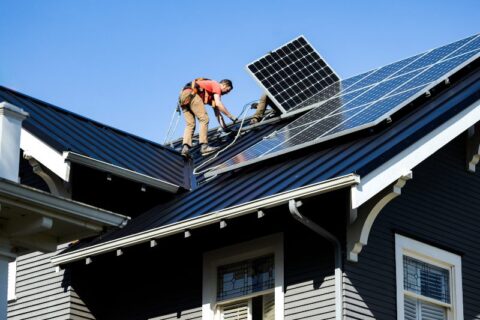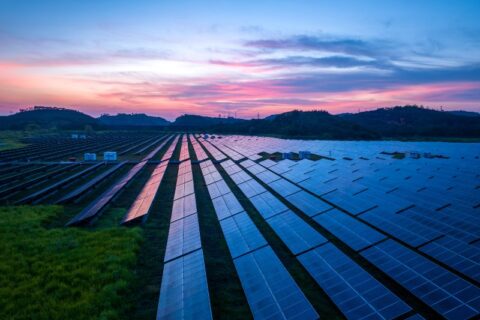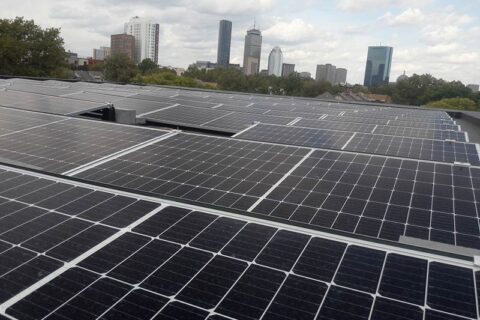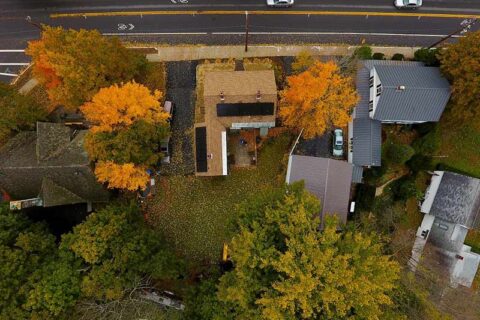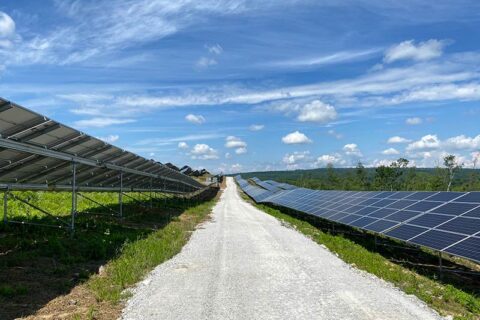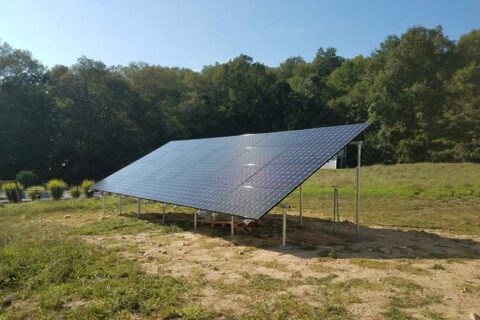Ace Solar Blog
Record Solar Installations Power New Growth in New England and Beyond
With a surge in solar installations setting records nationwide, the United…
Utility-Scale Solar Surges Ahead in the US with 32 GW Installed in 2024
Utility-scale solar in the United States is experiencing unprecedented…
You have made the right decision and invested in solar panels for your company! Now what?
Maintaining your solar panels is important for optimal…
Have you ever noticed the rating of an inverter connected to a PV (Photovoltaics) array? Was the rating of the inverter lower than the capacity…
A microgrid is a localized group of interconnected loads and distributed energy resources. Essentially, a microgrid is a smaller grid that can…
There have been thousands of studies trying to interpret the true value of solar. Some only look at benefits for the electric grid, or the cost…
When considering the addition of solar for their homes, most people immediately think of installing rooftop solar. Truth is, solar panels can be…
Many people perceive solar energy as the mounted solar panel on buildings’ roofs supplying power directly from the sun to homes and companies.…
Solar energy is the fastest-growing source of clean energy worldwide, and particularly in the US. In a May 2023 press release, CNBC reported…
From small businesses like ours to Fortune 500 companies, solar has proven itself to be a worthy investment for businesses time and time again.…

